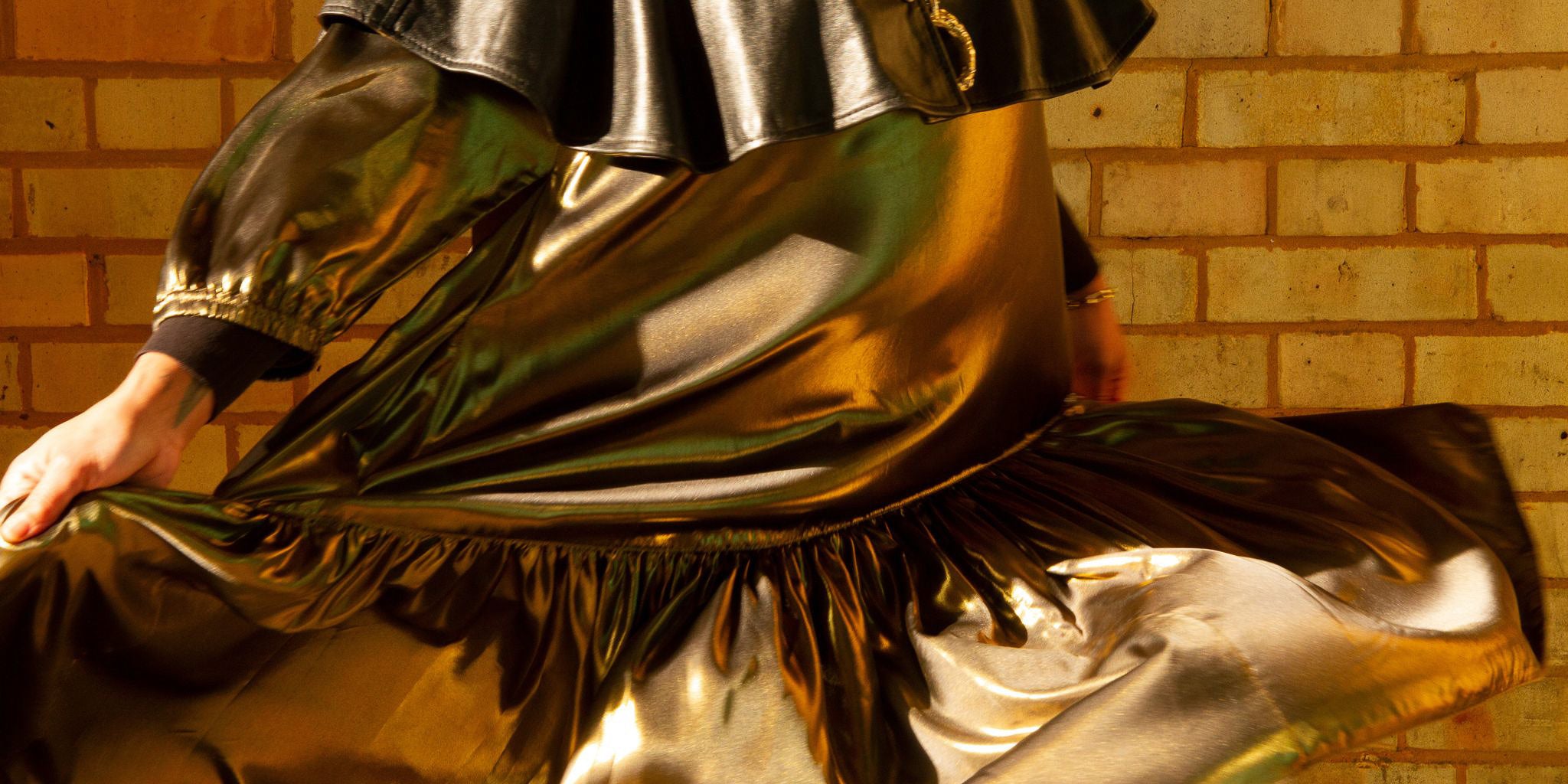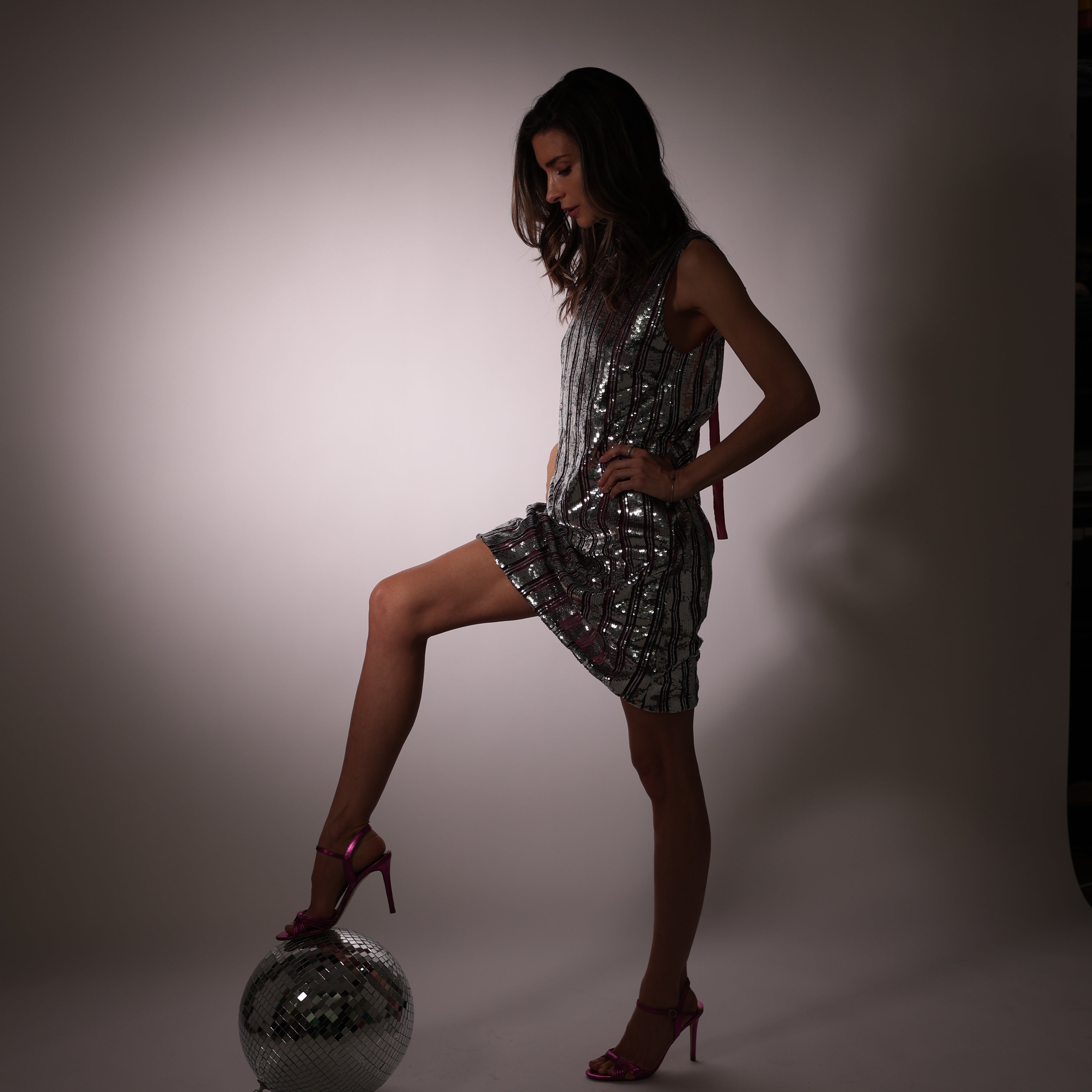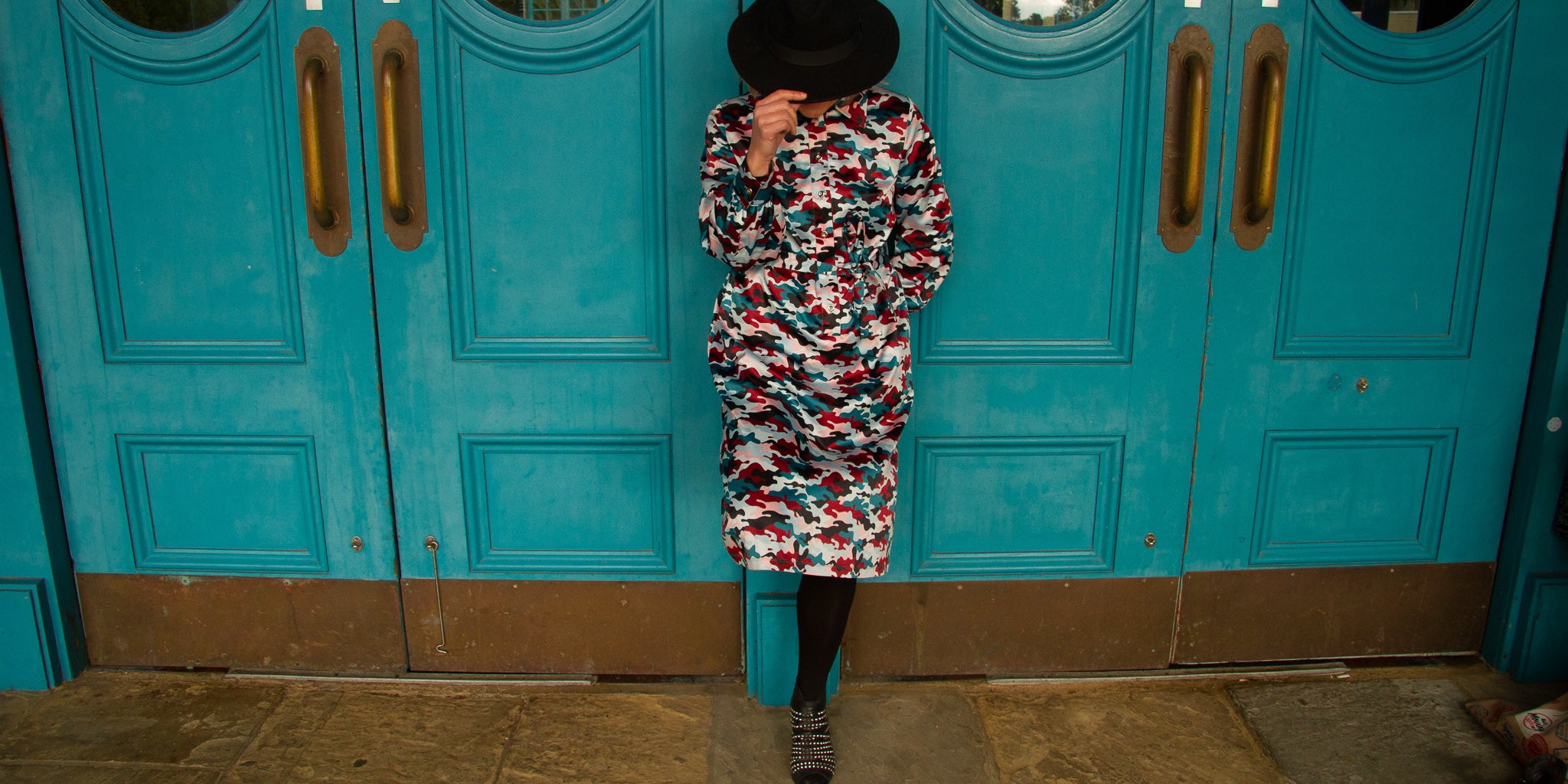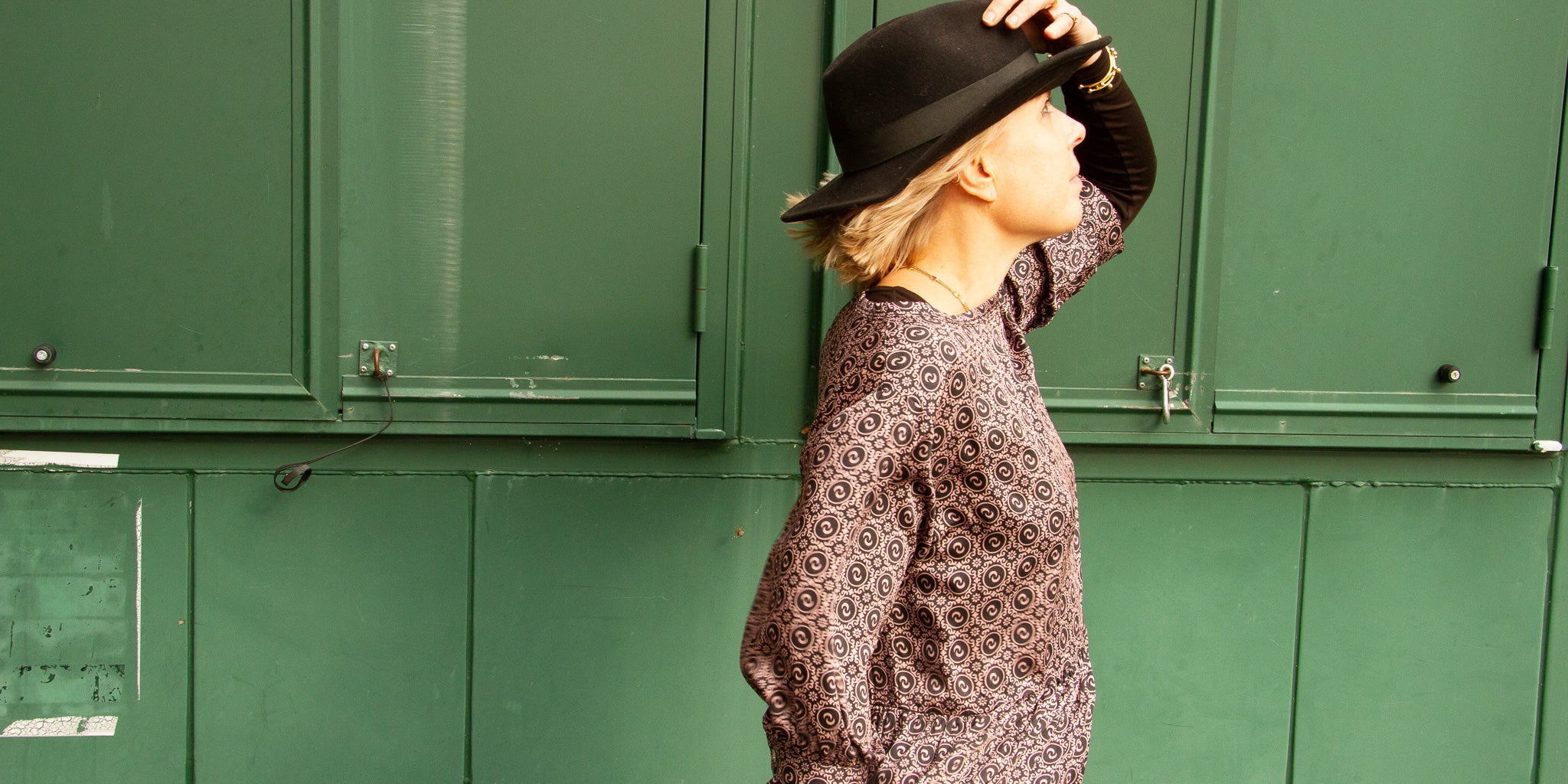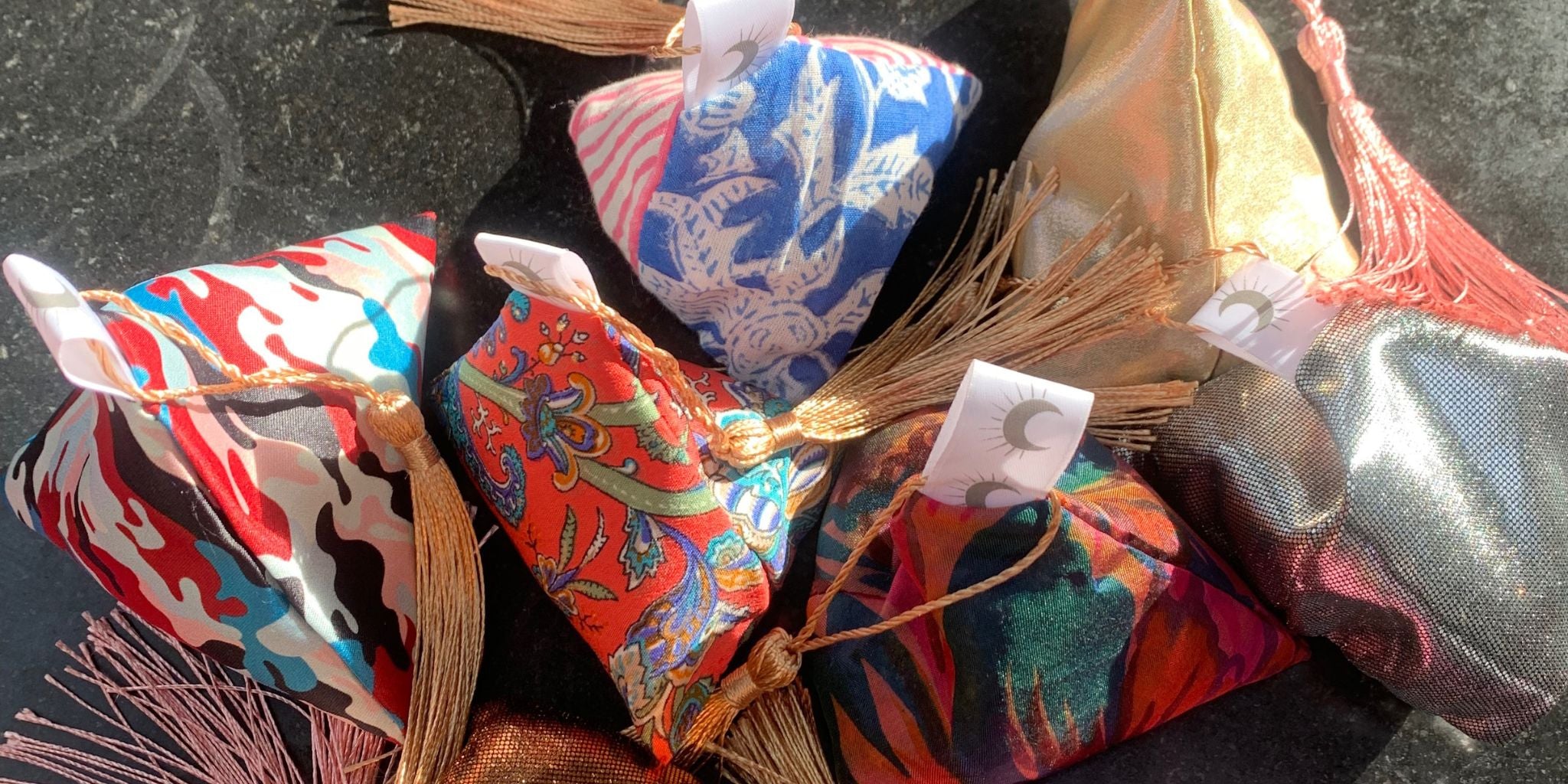The Illusion of Perception: How Our Minds Shape Reality

There has been a recurring theme in interviews I have been listening to this week, a totally coincidental. The theme has been around an altered image, whether enhancement, disfigurement or complete escapism; somewhat thought provoking.
Colin Farrell recently discussed his portrayal of The Penguin. The actor's physical transformation, both in terms of makeup and body language, was truly remarkable. The only thing that was his were his eyes and hands. It showcased the power of appearance to convey character and evoke specific emotions. In his interview he described how towards the end of filming he struggled with his mood and and didn't feel his usual self and times being very grumpy. The loss of identity with not looking like himself led him to take on his characters traits.
Similarly, Jim Carrey's iconic performance as the Grinch in "How the Grinch Stole Christmas" involved a significant physical transformation. The prosthetics and makeup used to create the Grinch's distinctive appearance were groundbreaking at the time. This transformation not only allowed Carrey to fully embody the character but also influenced how audiences perceived the Grinch and his motivations. During the filming he was given anti torture training by the CIA. Hours of make up work which felt like being buried alive coupled with the loss of identity with looking a certain way made for a gruelling experience for him. He nearly quit. The techniques he were given were related to distraction apparently listening to the Bee Gees helped. To find out more about distraction read this.
A film that delves into the power of perception is "A Different Man." In this psychological thriller, a man undergoes facial reconstruction surgery after a disfiguring accident. As he recovers, he struggles with his new identity and grapples with the way others perceive him. This film explores the complex relationship between physical appearance and self-worth, highlighting the impact of societal beauty standards and the power of self-acceptance.
The human mind is a powerful tool, capable of both incredible feats of creativity and self-deception. In recent years, we've seen numerous examples of how our perceptions can be manipulated, often with surprising results.
One striking example is the Dartmouth Scar Experiment. In this study, participants were made to believe they had a significant facial disfigurement. Despite the scar being entirely fake, they reported feeling self-conscious, anxious, and even stigmatised. This experiment highlights the profound impact of our perceptions on our social interactions and self-esteem.
Never mind the movies what about our day to day lives?
Social media has revolutionised the way we connect, communicate, and consume information. While it offers numerous benefits, such as fostering community and sharing experiences, it can also have a significant impact on our self-perception.
One of the primary concerns with social media is the curated nature of the content we see. Platforms like Instagram and TikTok are filled with carefully crafted images and videos that often present an idealized version of reality. This can lead to feelings of inadequacy and low self-esteem, as we compare ourselves to unrealistic standards of beauty, success, and happiness.
Furthermore, the constant stream of likes, comments, and followers can create a need for validation and approval. This can lead to unhealthy behaviors, such as excessive self-promotion or seeking attention through provocative content. The fear of missing out (FOMO) can also exacerbate these issues, prompting us to constantly scroll through our feeds, even when we're not actively engaged.
However, it's important to remember that social media is a tool, and like any tool, it can be used for good or ill. By being mindful of its potential drawbacks and taking steps to mitigate them, we can harness the positive aspects of social media while protecting our mental health.
These examples demonstrate how our perceptions can be shaped by external factors, such as appearance and social cues. It's important to remember that our self-perception is equally influential. By cultivating a positive self-image and challenging negative thoughts, we can break free from the limitations imposed by our perceptions.
The Art of Dressing for Confidence: Elevate Your Style, Elevate Your Mood
Feeling confident can significantly impact your day-to-day life. One powerful way to boost your self-assurance is through your wardrobe. By dressing in a way that makes you feel good, you can exude confidence and attract positive energy.
Remember, confidence is the ultimate accessory. It radiates outward, influencing how others perceive us and how we perceive ourselves. So, let's embrace our unique qualities, challenge our self-doubt, and step into the world with confidence. Why not try A Dose of Joy. A mini course designed to boost your confidence and thrive.
Top 6 FAQs About the Blog Posts
1. How can I improve my self-confidence?
Self-confidence is a journey, not a destination. To boost your self-confidence, practice self-compassion, set realistic goals, and celebrate your achievements. Surround yourself with positive influences, and challenge negative self-talk. Remember, everyone experiences self-doubt, but it's how you respond to those feelings that matters.
2. What are some practical tips for dealing with racing thoughts at night? To quiet a racing mind, try relaxation techniques like deep breathing, meditation, or journaling. Avoid stimulating activities like screens before bed. Create a calming bedtime routine and ensure your sleep environment is dark, quiet, and cool. If persistent, consider consulting a healthcare professional.
3. How can I develop my personal style? Experiment with different styles and colors to discover what makes you feel confident and comfortable. Pay attention to trends but don't feel pressured to follow them blindly. Invest in quality pieces that you can mix and match, and don't be afraid to express your individuality.
4. How can I dress confidently, even on days when I'm not feeling my best? Choose outfits that make you feel good about yourself. Opt for comfortable clothing that fits well and flatters your body shape. Pay attention to details like accessories and footwear to elevate your look. Remember, confidence is key, so wear what makes you feel good, regardless of what others think.
5. What are some tips for building a capsule wardrobe? Start by identifying your lifestyle and color palette. Invest in high-quality basics like jeans, t-shirts, and a well-fitted blazer. Choose versatile pieces that can be mixed and matched for various occasions. Consider your climate and lifestyle when selecting fabrics and styles.
6. How can I overcome negative self-talk? Challenge negative thoughts by questioning their validity. Replace negative self-talk with positive affirmations. Practice mindfulness and gratitude to shift your focus to the positive aspects of your life. Seek support from friends, family, or a therapist if needed.

Rebecca Rodden founder of the Fashion Lifestyle Brand ‘Eluroom’
She brings wealth and knowledge in the Fashion Industry, Spanning 20 years working her way up to Buying Director at a British Luxury Retail Company.
Her knowledge and skills of how and what you wear can set your mood or mindset for the day has become her specialty.
Rebecca, designs her own sustainable fashion dresses and incorporates mindfulness and wellbeing in her brand ethics to connect to her customers on a deeper level.
She promotes ‘Living with Joy’
0 comments

